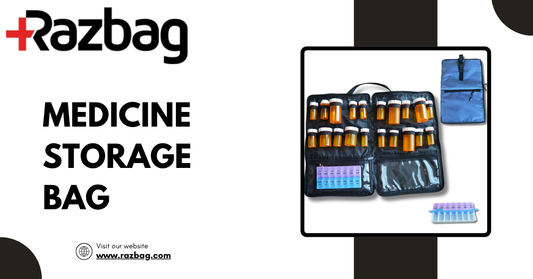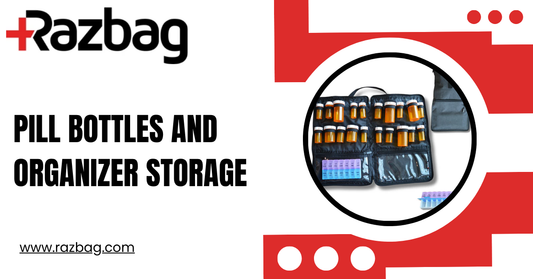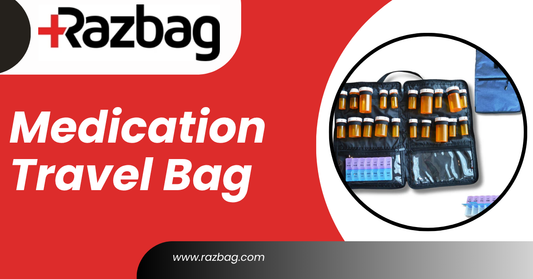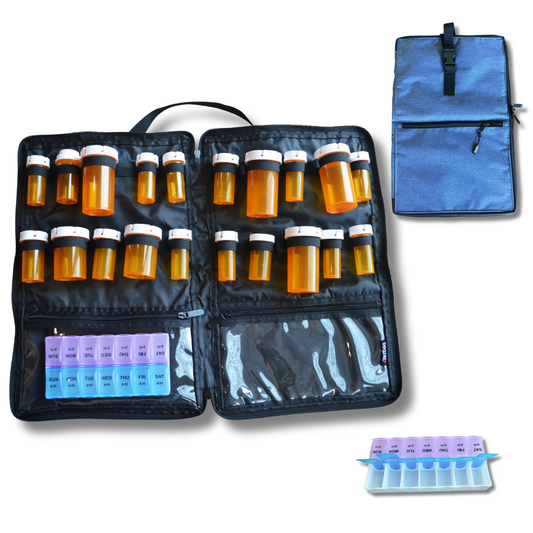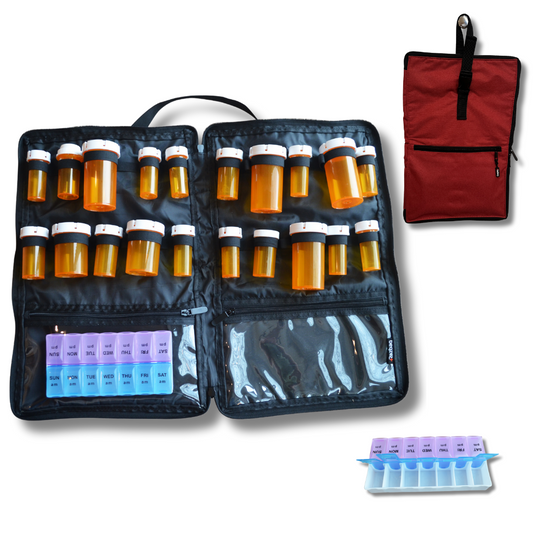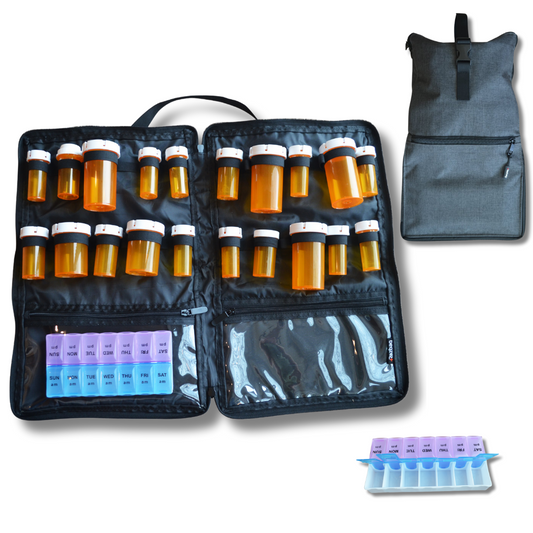In the face of nature's fury, we often find ourselves unprepared, caught off guard by the sudden onset of disasters like tornadoes, earthquakes, or fires. These events can disrupt lives in unimaginable ways, turning the familiar into chaos within moments. Amidst the panic and urgency of evacuation, one aspect that is often overlooked is ensuring access to essential medications and medical supplies. Yet, this oversight can have dire consequences. Today, we delve into the vital importance of keeping medications and medical necessities close at hand in times of crisis.
The Unforeseen Challenge

Picture this: sirens blaring, the ground trembling, or flames racing toward your neighborhood. In such heart-pounding moments, grabbing your essentials becomes a matter of survival. However, for those reliant on daily medications or specialized medical equipment, this simple act can become a formidable challenge.
For individuals with chronic conditions such as diabetes, asthma, heart conditions, or mental health disorders, access to medication isn't just a convenience—it's a lifeline. Disasters disrupt the routine of healthcare systems, pharmacies may close, and supply chains can be severely hampered. Without medications, conditions can escalate rapidly, leading to health crises that compound the already stressful situation.
The Critical Need for Preparedness
Preparation is the cornerstone of effective disaster response. When it comes to health, this means having a carefully curated emergency kit that includes an ample supply of medications, medical supplies, and relevant documents. Here's why:
-
Immediate Access Saves Lives: During an evacuation, time is of the essence. Having medications and supplies readily available means you can grab your kit and go, ensuring you have what you need to manage your health, even in temporary shelters.
-
Continuity of Care: Disasters can displace individuals for days, weeks, or even longer. By having medications on hand, you ensure continuity of care, preventing interruptions in treatment that could lead to complications.
-
Meeting Unique Needs: Some medical conditions require specialized equipment or medications that may not be readily available in emergency shelters. By having your supplies with you, you're better equipped to manage your specific health needs.
-
Peace of Mind for Caregivers: For those caring for elderly family members, children, or individuals with disabilities, having medications in the emergency kit provides peace of mind. It ensures that essential treatments are accessible, even in chaotic situations.
Building Your Emergency Medical Kit
So, what should your emergency medical kit include? Here's a basic list to get you started:
- A 7-14 Day Supply of Medications: Rotate these periodically to ensure they stay within their expiration dates.
- Medical Supplies: Bandages, antiseptic wipes, thermometer, gloves, and any specialized supplies needed for your condition.
- Prescription Information: Copies of prescriptions, dosage instructions, and the contact information of your healthcare provider.
- Medical Alert Information: If you have allergies, chronic conditions, or require specific treatments, a medical alert card can be invaluable.
- First Aid Manual: Basic instructions for handling common injuries or health issues.
- Personal Health Record: This can include a summary of your medical history, recent test results, and any pertinent information for healthcare providers.
Staying Proactive for a Safer Tomorrow
Disasters are unpredictable, but our response doesn't have to be. By taking proactive steps to prepare our emergency medical kits today, we invest in a safer tomorrow for ourselves and our loved ones. It's a small yet powerful act of self-care that can make a world of difference when the unexpected strikes.
Let's make a pledge to prioritize our health amidst the chaos, to keep our medications close, and to empower ourselves with the tools needed to weather any storm that may come our way.
Remember, in the face of disaster, preparedness is not just an option—it's our best defense.
Stay safe, stay prepared, and may health always be by your side.

